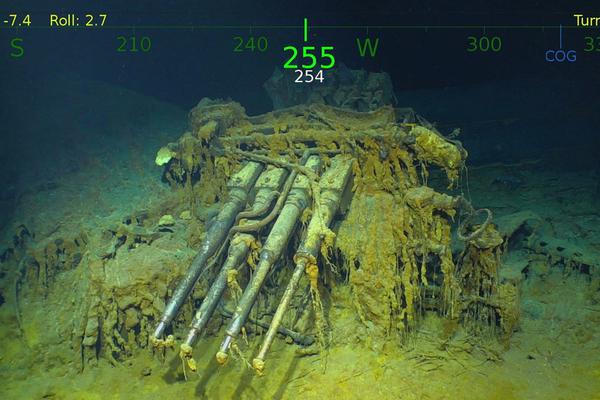
DigiPlus-APP, download it now, new users will receive a novice gift pack.
Hearthstone Arena class tier list 2024
author: 2025-01-05 11:16UEFA Champions League live streaming app
author: 2025-01-05 09:32Hearthstone Arena class tier list 2024
author: 2025-01-05 09:24 Walletinvestor digi plus
Walletinvestor digi plus
738.27MB
Check Hearthstone arena
Hearthstone arena
814.75MB
Check casino plus free 100
casino plus free 100
493.73MB
Check Bingo Plus
Bingo Plus
416.41MB
Check UEFA live free
UEFA live free
425.95MB
Check DigiPlus fair value
DigiPlus fair value
451.76MB
Check Champions League
Champions League
664.54MB
Check Casino Plus
Casino Plus
381.27MB
Check Arena Plus login
Arena Plus login
872.48MB
Check UEFA Champions League standings
UEFA Champions League standings
969.11MB
Check UEFA Europa League
UEFA Europa League
126.38MB
Check UEFA Champions League standings
UEFA Champions League standings
992.12MB
Check UEFA Champions League live
UEFA Champions League live
914.35MB
Check UEFA EURO
UEFA EURO
259.92MB
Check bingo plus update today Philippines
bingo plus update today Philippines
177.26MB
Check bingo plus update today Philippines
bingo plus update today Philippines
855.62MB
Check DigiPlus
DigiPlus
424.17MB
Check DigiPlus fair value
DigiPlus fair value
793.29MB
Check UEFA Champions League standings
UEFA Champions League standings
975.26MB
Check DigiPlus fair value
DigiPlus fair value
883.62MB
Check Casino Plus login register
Casino Plus login register
216.47MB
Check UEFA Champions League live streaming app
UEFA Champions League live streaming app
368.19MB
Check European Cup live
European Cup live
185.46MB
Check UEFA EURO
UEFA EURO
987.59MB
Check Hearthstone Arena win rate
Hearthstone Arena win rate
226.73MB
Check Casino Plus GCash login
Casino Plus GCash login
739.51MB
Check European Cup live
European Cup live
681.62MB
Check Hearthstone Arena win rate
Hearthstone Arena win rate
516.48MB
Check DigiPlus Philippine
DigiPlus Philippine
457.19MB
Check Hearthstone arena
Hearthstone arena
314.67MB
Check Hearthstone Arena class tier list 2024
Hearthstone Arena class tier list 2024
371.33MB
Check Hearthstone arena class win rates reddit
Hearthstone arena class win rates reddit
175.42MB
Check DigiPlus stock
DigiPlus stock
493.79MB
Check Hearthstone Wild Decks
Hearthstone Wild Decks
627.12MB
Check Champions League
Champions League
176.43MB
Check DigiPlus Philippine
DigiPlus Philippine
229.29MB
Check
Scan to install
DigiPlus to discover more
Netizen comments More
926 UEFA European championship
2025-01-05 11:11 recommend
536 Hearthstone Wild Decks
2025-01-05 11:02 recommend
399 Hearthstone Arena win rate
2025-01-05 10:02 recommend
1810 casino plus free 100
2025-01-05 09:11 recommend
498 Arena plus APK
2025-01-05 09:00 recommend